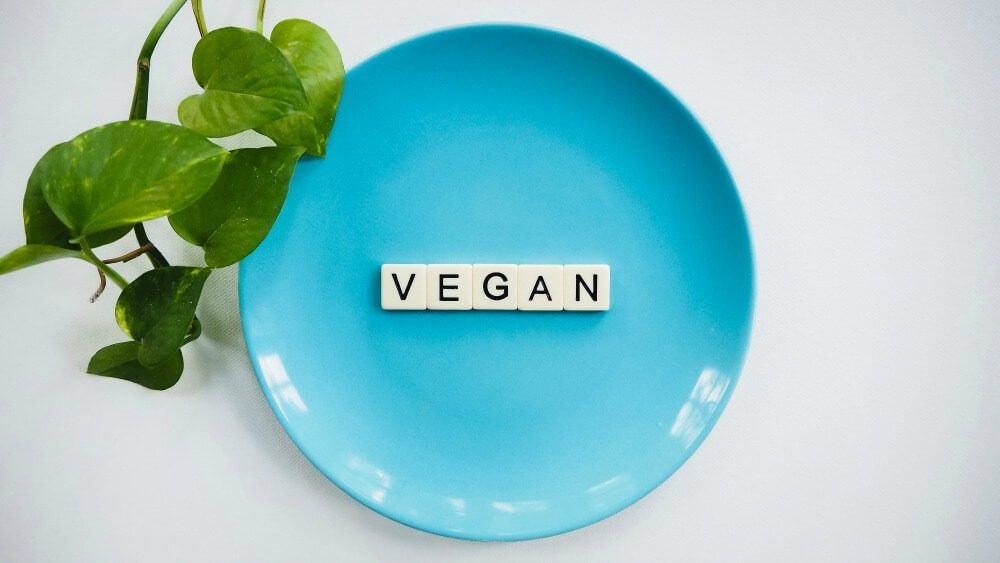Plant-based diet vs vegan: what's the difference?
By Yacht Week
Posted on 8th January 2020

So you've watched the Game Changers documentary and decided to give Veganuary a try. Snaps for you. Except, now it's a week into the new year and everyone is throwing around terms like 'whole food plant-based' and 'vegan protein sources' and frankly, you're a little confused. Don't worry, you're not alone. When it comes to a plant-based diet vs vegan, what do these terms mean? What should you actually be eating? Of course, if you're going to do this, you want to do it right. So here's a quick overview of the difference between these diets and the history behind them.
Looking for some warm and delicious vegan meal ideas for winter? Check out our recipes on The Ski Week's blog.
Vegan definition and history
Veganism is a philosophy and way of living that rejects the exploitation of animals in any way. This primarily focuses on avoiding all foods that come from animals or insects but also includes the clothes you wear, the products you use and the activities you take part in. So aside from avoiding meat, dairy and eggs, examples of veganism also include not eating honey, not wearing wool or leather, avoiding make-up tested on animals and not visiting zoos.
The term 'vegan' was coined in 1944 by the British animal rights advocate Donald Watson, a founding member of the Vegan Society. He described it as using the first and last letters of the 'vegetarian' "because veganism starts with vegetarianism and carries it through to its logical conclusion". After becoming vegan, Watson even avoided taking any medication because of its links with animal testing and vivisection. Incredibly, he lived to the ripe old age of 95.
Plant-based diet definition and history
A plant-based diet focusses on eating lots of fruit, vegetables and grains while minimizing or completely avoiding animal products for health reasons. Most advocates of this diet emphasize the necessity of only eating only whole foods that are plant-based, which means avoiding any refined sugar and any grains (like white flour and white rice). This means only pair your fruits and vegetables with grains like whole wheat, brown rice, bulgur, oats and quinoa.
The term 'plant-based diet' was coined by the American biochemist T. Colin Campbell in 1980. While researching the potential therapeutic benefits of a healthy diet on cancer, Campbell discovered that the consumption of animal products was linked to the development of cancer and heart disease. However, he felt that a new term was required that was separate from the ethical focus of vegan, instead spotlighting the nutritional quality of the food consumed. Now 85, Campbell has followed a diet that he describes as "99.9% vegan" since 1990.
So what is the difference?
At its core, veganism is an ethical practice while a plant-based diet is just that - a diet. No, not as in something you do to lose weight (although you probably will) but rather the limited choice of food that you eat. So while veganism is about minimising your impact on the world, a plant-based diet is about minimising the impact food has on your body.
One of the big differences between being vegan and following a plant-based diet is refined or highly processed foods. Unless that vegan cupcake is made from whole wheat flour and contains no refined sugar, I'm afraid it's a no-go for a plant-based diet. But before you decide to give up on Veganuary, remember you can actually do both if you want. Yes, it's totally possible to be vegan and follow a plant-based diet. In fact, they complement each other despite their different focusses. Just make sure your vegan pizza base is made from whole wheat and skip the gooey fake cheese.
Looking for some warm and delicious vegan meal ideas for winter? Check out our recipes on The Ski Week's blog.